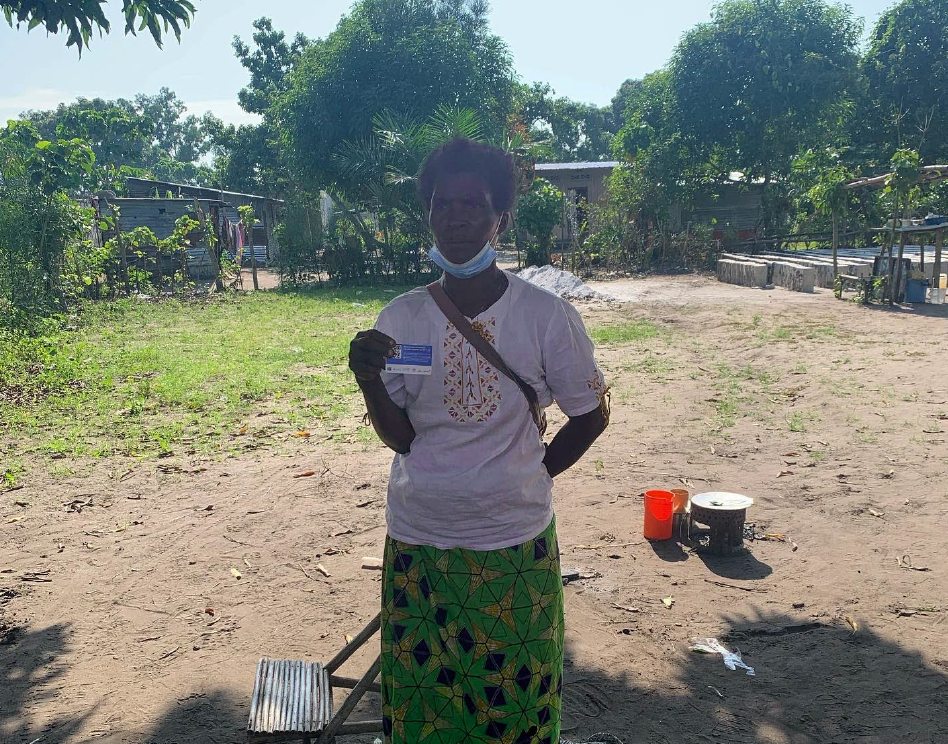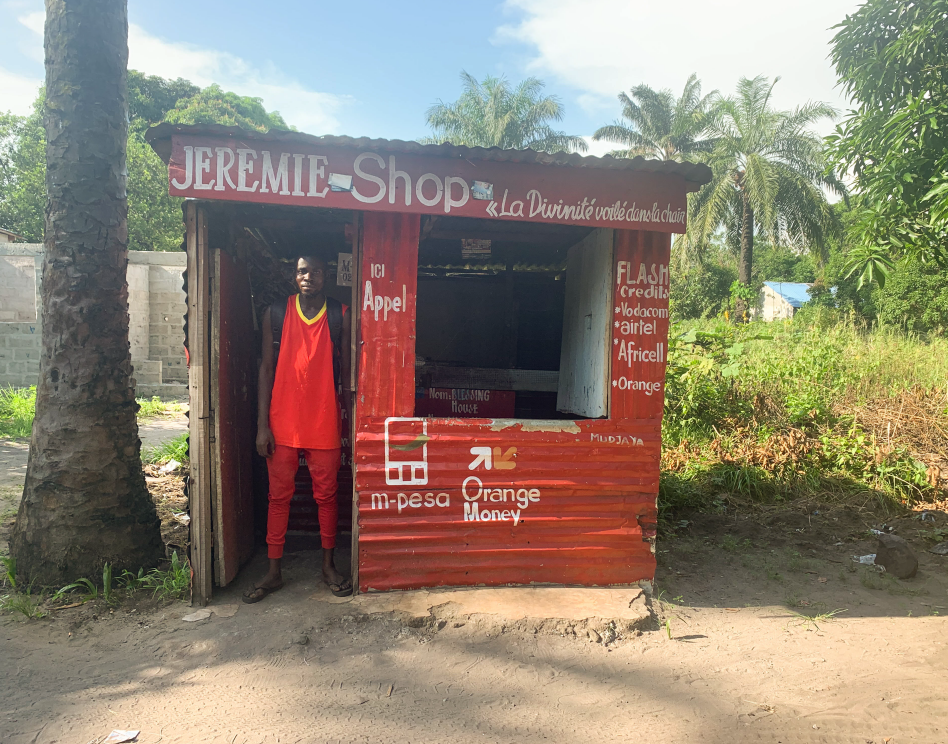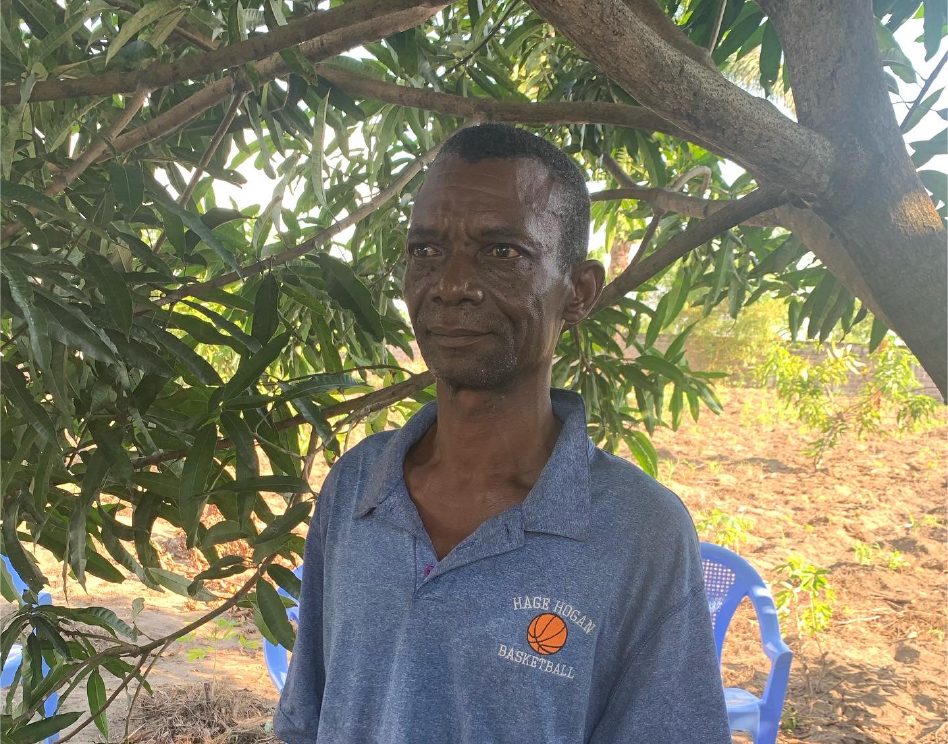The N’sele village, in the suburbs of Kinshasa, in the Democratic Republic of the Congo (DRC), is home to a pilot project that is using technological solutions to deliver the first urban cash payments by the World Food Programme (WFP) in the country. The pilot targets vulnerable families who have been hit hard by the fallout of the Covid-19 pandemic so they can receive monthly WFP-supported cash payments. Since the launch of the project in 2020, WFP has delivered US$ 6.3 million in assistance to N’sele.
As part of the Southern Africa Regional Directors’ meeting, which took place in early April in Kinshasa, WFP Directors and other specialists visited N’sele to talk to beneficiaries and have a first-hand experience of the impacts of the project for the local community. “We were able to appreciate the positive impact the project has on that community. Families need social support, opportunities and education. And the investment is small compared to the social return,” said Daniel Balaban, Director of the WFP Centre of Excellence against Hunger Brazil, who was also part of the delegation who visited N’sele village.
Meet some of the beneficiaries:

This is Micheline, owner of a small rural unit in the district of N’sele, one hour from Kinshasa. She proudly shows the card with which she receives money from the social protection project for vulnerable families in the country. She produces food and also bricks that are used to build houses and sheds in the community. It is an example of how a social protection project can save and change lives.

This is Jeremie, an example of entrepreneurship. With funds from the cash transfer programme for vulnerable families, he set up his small business in which he helps other families in the community to receive their resources and connect through phone cards.

Patrice Kajingula is a small family farmer who produces maize and cassava in N’sele. With his harvest, he also makes cakes, cookies and bread for sale in the local market. He uses the resources from the cash transfer programme to buy seeds and inputs for his production. He dreams of seeing his products consumed by children at local schools.
Learn more about the work of the WFP at the Democratic Republic of the Congo here.




